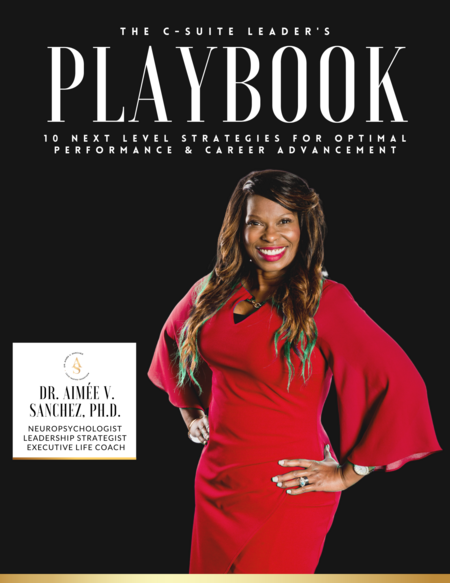A big reason why women avoid pursuing a new role or promotion is that they lack confidence. You could be the highest achieving, accomplished woman and still have limiting beliefs whether you are good enough. We are our toughest critics as they say, and we can be darn right brutal to ourselves.
If you want to change this narrative and build your confidence in your career, there are a few areas to really focus on:
- Set goals
- Identify your perceived limitations
- Take risks and learn from your mistakes
Putting in the work to change your mindset will have a ripple effect on your life and your career. Focus on these areas first, and everything else will follow.
1. Set goals for yourself
Setting career goals can change your mindset about your strengths and potential. It’s important to always be working towards something while considering what you could learn along the way. Along with setting goals specific to your performance, make sure you include learning goals that will propel you further towards that performance metric. This means targeting small objectives to help you reach your result. Celebrating the small successes and opportunities to learn can help boost your confidence because you can apply strategies of developing your skills to further your development.
For example, if your overall goal is to land that promotion, you can set smaller target objectives like improving your organization or networking with new people. As you find success toward your goal of increasing your productivity, you can become more confident in your competence to perform your job effectively.
2. Identify limitations
We all have our own fears that keep us in our comfort zone. But what is it exactly that we are afraid of? Remain curious about what these things are. Constantly ask yourself, “why?”
“I’m afraid I’ll be rejected…” ok, but why? What are the real consequences of that? Many women are overly conscious of their public image and what people think of them. If this resonates with you, just be aware of when that comes into play. Instead of letting it take a negative toll on your confidence, celebrate the risk you took to put yourself up for that painful rejection.
When we realize a lot of our fears don’t really amount to life-threatening consequences, we begin to discredit them. Moreover, the more we experience them and respond with acceptance, the more resilient we become.
3. Learn from your mistakes
Mistakes are usually inevitable especially when taking risks to reach a goal. However, it’s easy to let our minds spiral into feelings of worthlessness when we don’t perform to our own (high) standards.
It’s completely normal and common for women to feel this impact, but what they often don’t realize is that it’s a wonderful opportunity to develop their skills. Say you missed a deadline on a task you completely forgot about, this mistake might tell you to work on getting more organized. Developing stronger a organization will also help you in pursuing your overall goals as well.
Not all mistakes are careless. Sometimes you just flat out don’t know, which is why this kind of mistake is actually essential to reaching your career goals. Acquiring new knowledge can boost your confidence that you are advancing and improving to be the best version of yourself.
If you are struggling with building the confidence needed to land your next role or promotion, I’d love to help. Schedule your confidential 15-minute chat with me and my team.
The C-Suite Leader's Playbook:

10 Next Level Strategies for Optimal Performance & Career Advancement
Helping Leaders Maximize Their Influence and Impact
In this FREE resource, you’ll uncover the same roadmap and insights that my executive clients have utilized to advance in their executive promotional campaigns.
Recent Posts
- 3 Reasons You are not Being Promoted
- 5 Tips for Women in Leadership: The Neuroscience of Female Leadership
- Perception, Power, Politics And Promotion: Navigating Challenges That Keep Women Out Of The C-Suite
- The Neuroscience of Imposter Syndrome for Leaders
- How to use neuroscience to influence psychological safety in the workplace


